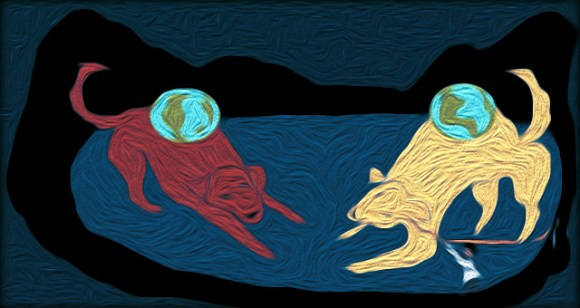I think we can agree that this year has been a busy one, full of newsworthy events capable of derailing sensitive souls everywhere and sending them into a pit of despair over the current condition of the all-too-human condition.
I’ve had a couple days like that recently. (It doesn’t help that I’m 7 months pregnant and full of hormones that have turned even the most ridiculous of commercials into automatic tear-jerkers.)
But I realized something in the midst of my most recent news-induced funk: I’m a playwright!
I can write about the stuff that’s wrecking me emotionally.
And that snapped me out of my depressive couch-potato state, and my muse started brainstorming and plot-outlining, and even though I haven’t yet decided if I want to write the play I began crock-potting inside my playwright brain all those weeks ago, it has helped me feel actionable!
And I think that’s important.
As an artist, it feels sometimes like there is just too much suffering to bear — and, as an artist, it also feels like I have very little to contribute in the ways of actually affecting change.
But I can write.
I can try to create pieces of theatre that bring my view of things into focus, and that—if I do my job well—invite others to look closer at these things with me. To mine them for possible solutions. To create conversation and empathy, and to MAYBE make things a little better?
At least, I can try!
Because although I very much enjoy entertainment for entertainment’s sake, I also believe in theatre’s power to stir conversation, incite action, and engage an audience’s problem solving skills. Why then, can’t I create theatre that does something?
So, while there are a lot changes coming my way in 2016 (new baby, probably a move to a new city after my husband finishes his MFA program this Spring) and a lot of changes coming on a bigger scale (US elections and God knows what other crazy world events heading down the pipeline) I’m feeling a sense of optimism and anticipation about it all that was eluding me a few weeks back, as I sat on the couch, and wept for the world (and at those damn holiday commercials).
And so, I leave you with this: May your seasons also be brightened by the recognition of your own word-smith powers! Now, get to writing!
~Tiffany Antone


















